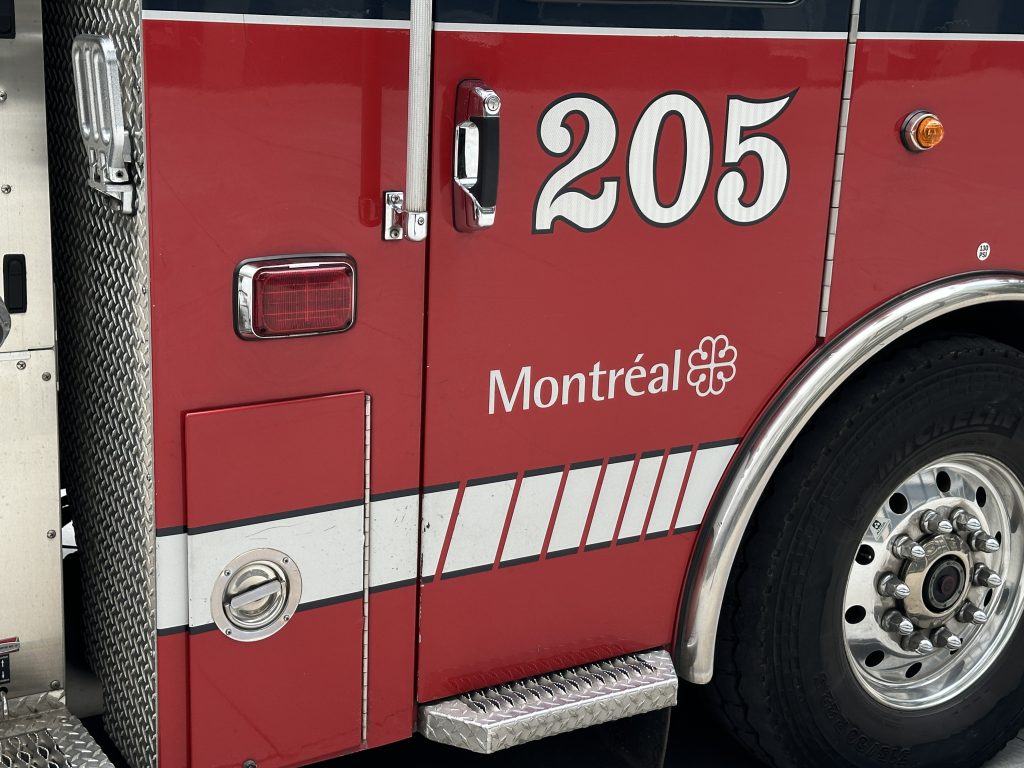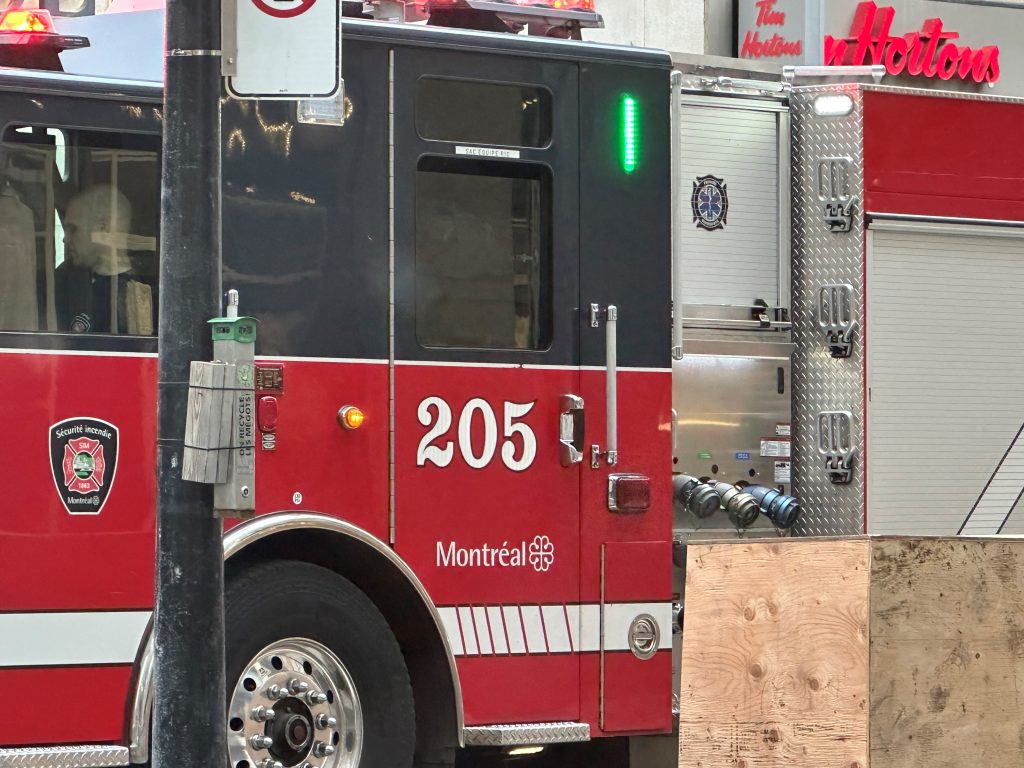Montreal banning most short-term rentals during non-summer months

Posted January 30, 2025 9:08 am.
Last Updated January 30, 2025 4:55 pm.
The City of Montreal is cracking down on illegal short-term rentals in the city in an effort to combat the housing crisis.
The city will ban short-term rentals in all main residences in the metropolis between September and June. A valid permit will be needed to rent your space on platforms like Airbnb between June 10 and Sept. 10.
Only tourist residences located in specific commercial areas, like portions of Sainte-Catherine and Saint-Denis, will be able to be rented year-round.
“We really want to support Montrealers that are tenants, especially because 65 per cent of Montrealers are tenants,” Montreal Mayor Valérie Plante said.

Four more inspectors are on the way — from three to seven — as well as heavy fines for those who break the rules: $1,000 per night for individuals and $2,000 per night for businesses.
“The minute you post an apartment available out of the period that is possible, then you’ll get a fine,” Plante explained. “And if you rented outside of this period, you’ll get a fine.
“Dissuasive impact on those people that are looking to make the money, not respecting the rules.”
The new measures are expected to come into effect on June 10.
Ensemble Montréal, the city’s official Opposition, criticized the addition of four inspectors, saying that simply wasn’t enough.
“Currently, with its limited number of inspectors, the City barely conducts one inspection per day,” said Julien Hénault-Ratelle, Ensemble Montréal’s spokesperson on housing. “Adding only four inspectors for the entire Montreal territory is largely insufficient to ensure compliance with the rules. Without adequate resources and without real collaboration with the provincial government, this measure is doomed to failure.”
The city says despite efforts in recent years to crack down, more than half of the 4,000 units on short-term rental platforms are listed illegally.
“For the people that are illegal, they’re using ways to take apartments away from Montrealers by making money,” Plante said. “I say no more. We’re done.”
In a statement to CityNews, Alex Howell, Policy Lead for Canada at Airbnb says: “The City of Montreal has approved every short-term rental that operates in the city. Rather than focusing on improving its own enforcement, Mayor Plante is proposing extreme rules that will weaken the economy, harm local businesses, drive hotel prices up, and punish responsible hosts who depend on additional income during a cost of living crisis.”
Howell added, “restricting accommodation options for most of the year will significantly hurt the tourism industry, while doing nothing to address the housing crisis.”
According to Airbnb, they say they have no significant impact on the availability or affordability of homes in the vast majority of communities in Canada.

There are already significant restrictions in place. After a fire that killed seven people in an Old Montreal building in 2023, the city set up a squad specialized in combating illegal accommodations.
That same year, the borough of Mercier–Hochelaga-Maisonneuve banned short-term accommodations on its territory, except for primary residences.
The Quebec government also adopted in 2023 a law allowing anyone to rent out their primary residence on platforms such as Airbnb, only if they obtain a license from the Corporation de l’industrie touristique du Québec (CITQ).
–With files from The Canadian Press








